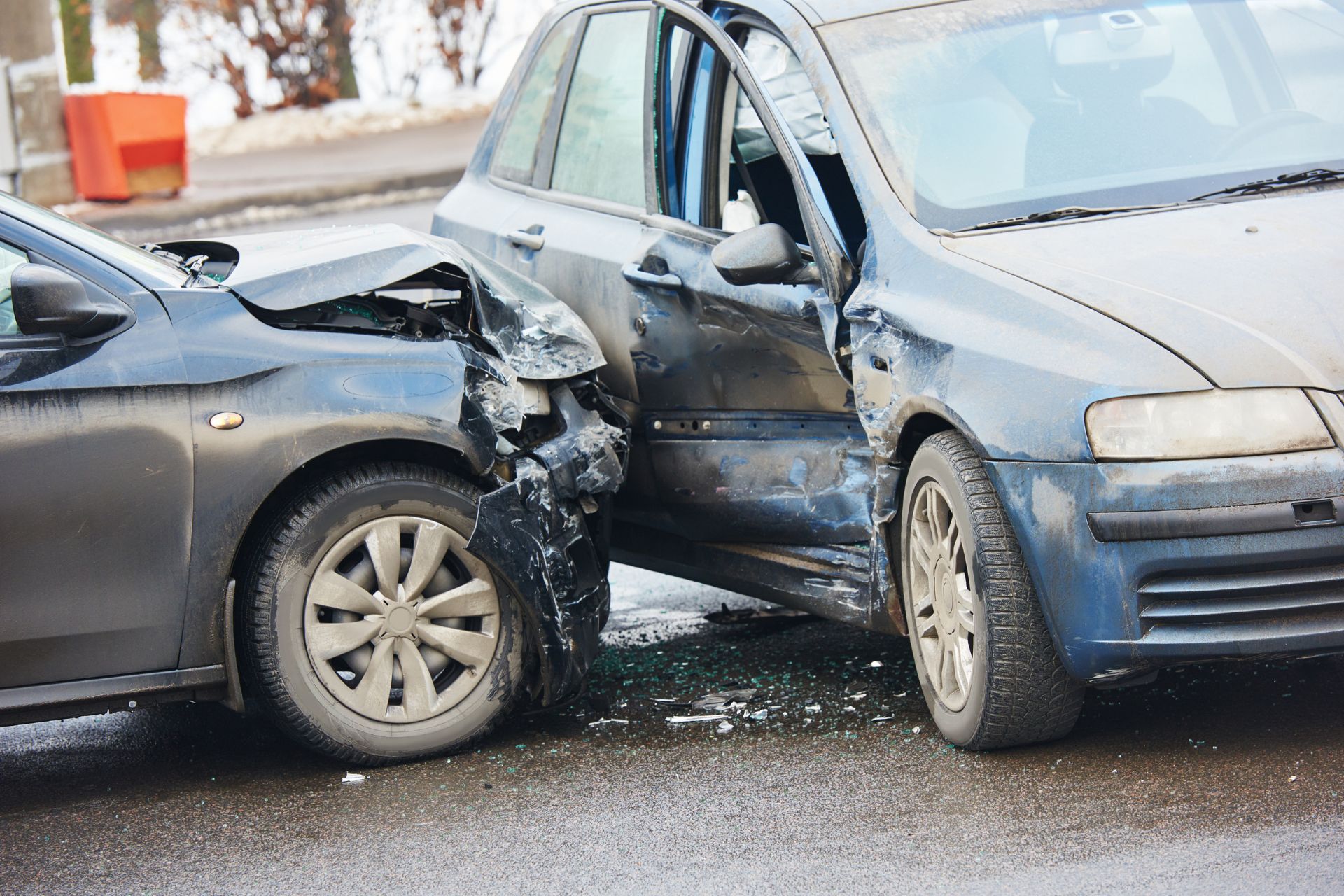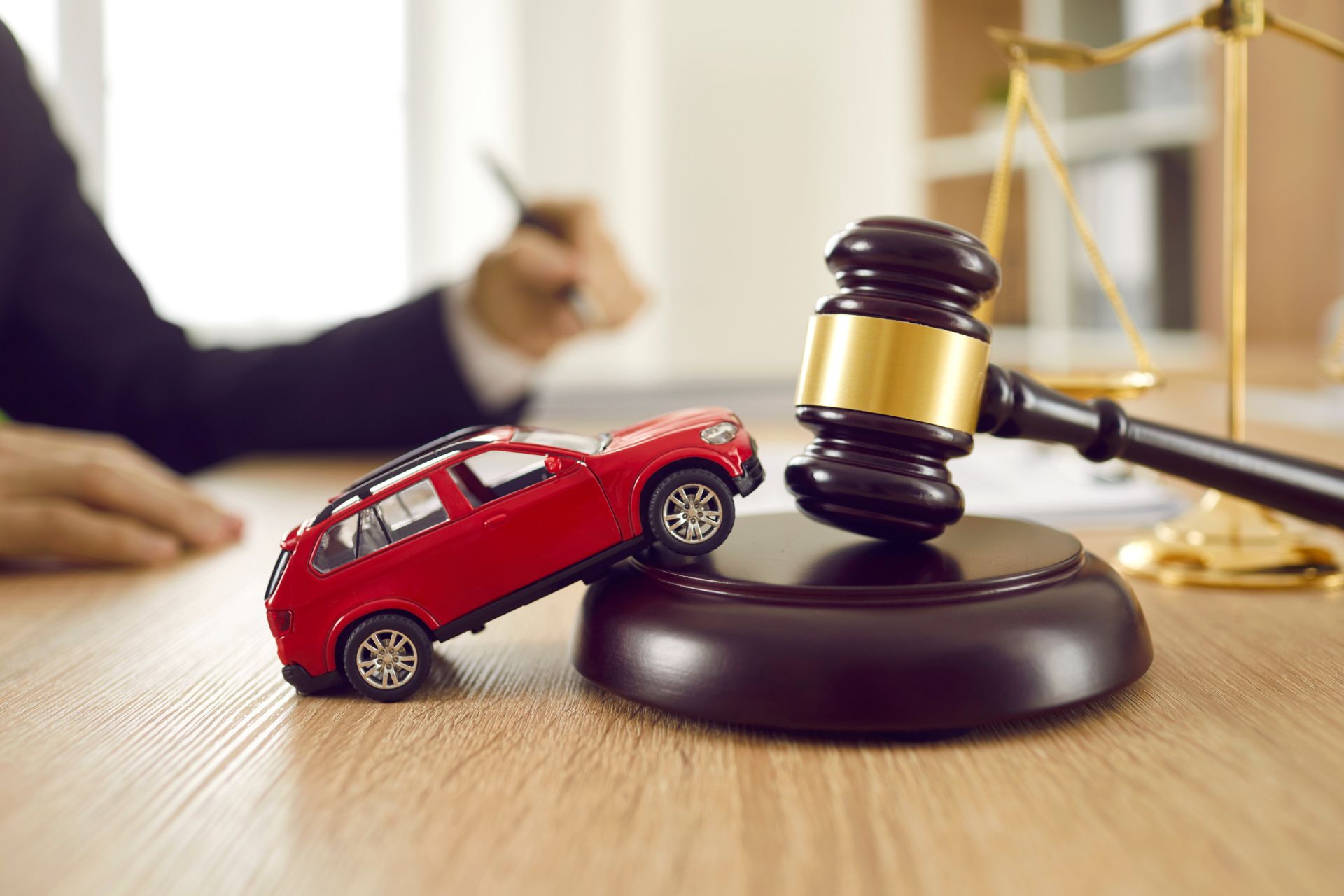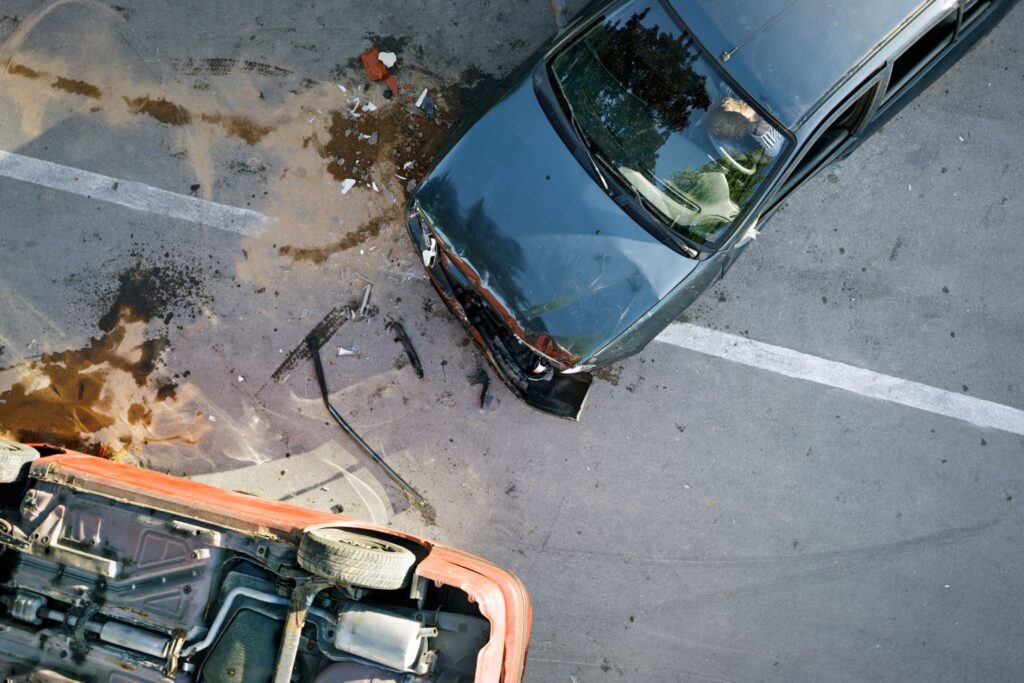Navigating the aftermath of a complete automobile collision where you weren’t at fault can be an intricate process. This blog post will provide insight into the legal rights and obligations of those involved in a total loss car accident where they weren’t at fault.
We’ll explore crucial steps, such as filing an auto
We’ll also discuss the process by which
For those who owe money for financing their cars, understanding loan agreements is very important in a total loss situation. Furthermore, we will discuss the importance of uninsured motorist coverage, especially while dealing with under-insured motorists on roads today.
In conclusion, seeking professional legal advice often proves beneficial for ensuring your interests are protected. The importance of expert guidance through these complex legal processes can’t be overstated when dealing with issues related to car total loss when it’s not your fault.
Understanding Your Rights and Responsibilities in a Car Total Loss Situation
If you’re in a total loss car accident, you should keep in mind your rights and responsibilities. This includes filing an
File your auto insurance claim ASAP
Don’t wait to file your auto
Collect evidence to support your claim
Make sure to gather evidence following a car crash, such as police reports, photographs taken at the scene, medical records, and witness statements. These documents serve as valuable evidence when dealing with
Know your local laws
Since laws vary by region, it’s important to be aware of your local laws pertaining to vehicle accidents. For example, some jurisdictions require drivers involved in serious crashes to report them within specific timeframes. If you fail to do so, it could result in penalties, such as fines or license suspensions.
Remember that you don’t have to navigate this process alone. Personal injury lawyers can help protect your interests and ensure justice prevails.
How Insurers Determine Vehicle Value
When an accident occurs, insurers use specific data to determine if a vehicle is deemed a total loss. This decision is based on specific factors and data, and not by just a flip of a coin.
Factors Influencing Vehicle Valuation
The primary factor that insurers consider is the ACV of your car before the accident. They look at details, such as make, model, age, mileage, and overall condition. Additionally, they consider any upgrades or modifications made to the vehicle that could increase its value.
Insurers also review police reports, photos from the accident scene, and other relevant documents to gather information about the damage that the car sustained in the accident.
Contesting Insurer’s Initial Assessment
If you believe that your insurer’s evaluation undervalues your car or overestimates repair costs, you have rights too. You can contest their initial assessment by providing additional evidence, such as mechanic estimates for repairs or valuations from auto dealerships showing higher market values for similar cars. It might be worthwhile exploring resources, such as Kelley Blue Book or Edmunds, to get accurate estimations of what your car should be worth.
In some cases, independent appraisers may need to step in to reach mutually agreeable settlements between policyholders and
In summary, understanding how insurers determine whether vehicles are declared total losses helps us navigate claims processes after accidents while also ensuring we receive fair compensation under our policies.


Role of Uninsured Motorist Coverage
In a perfect world, every driver would have adequate
This coverage helps to provide a financial cushion if you’re in an accident with someone who does not have enough, or any, auto
Dealing with Under-Insured Motorists on Roads Today
Many drivers on our roads lack adequate
- Uninsured Drivers: These are individuals driving without any form of car
insurance . If such a person causes an accident, they may not be able to cover your losses out-of-pocket, leaving you potentially stranded financially. - Under-Insured Drivers: These drivers have some level of auto
insurance , but it’s not sufficient to cover all costs associated with an accident.
Your own uninsured motorist coverage can cover these costs up to your policy limits, including medical expenses and property damage that happened as a direct result of the accident.
If you don’t already have this kind of protection in your existing policies, consider adding it immediately, especially if you live in a state, such as Florida or Mississippi, that have high rates for uninsured motorists.
Navigating Legal Complexities Surrounding Uninsured Motorists
Pursuing compensation after an accident involving an uninsured driver could quickly become complex because of different laws from one state to another. This is why seeking professional legal advice is indispensable. For comprehensive resources about personal injury law, visit Malpracticecenter.com, which will be very helpful if you’re seeking compensation from a negligent party that has injured you.
Key Takeaway:
Uninsured motorist coverage can be a financial safety net when involved in an accident with someone who doesn’t have enough, or any, auto
Challenges for Those Owing Money Towards Financing Their Cars
An accident can complicate matters for those still paying off their car loan. You might end up in a tough spot where you have to keep making payments on a car that’s been declared a total loss.
Understanding Loan Agreements
The loan agreement should be studied to understand the details of what is owed and if collision
This situation can lead to financial hardship, especially if you need to finance another vehicle after your previous one is totaled. That’s why it’s crucial to understand all terms and conditions before signing any auto loan agreements.
In some cases, there may be options available, such as gap
Navigating Through This Challenging Situation
To navigate through this tricky situation effectively, here are a few steps worth considering:
- Evaluate Your
Insurance Policy: Check if it includes collision coverage or gapinsurance . These policies can help cover remaining balances after a car gets totaled. - Contact Your Lender: Let them know about your predicament immediately so that they can advise you about your specific situation. The Consumer Financial Protection Bureau suggests reaching out to lenders directly whenever you’re faced with potential defaults due to unforeseen events, like accidents that cause total losses.
Moving Forward Responsibly
Avoiding similar situations down the line requires careful planning from the onset, including setting aside emergency funds in case it happens again.
Key Takeaways
|
Seeking Professional Legal Advice
Dealing with totally losing your car can be overwhelming, especially when you’re not at fault. That’s where professional legal advice comes in handy.


Expert Guidance Through Complex Legal Processes
Personal injury laws can be complex, and that’s why expert guidance is crucial. The American Bar Association says that personal injury law involves many specialized rules and practices.
An experienced lawyer can guide you through the legal and
This expertise is particularly beneficial when dealing with uncooperative
If you find yourself in a car total loss situation due to another’s negligence, it’s essential to understand and enforce your rights properly. An experienced personal injury lawyer can help you do just that.
Moreover, they offer emotional support during what could potentially be one of life’s most stressful experiences. They work tirelessly towards securing fair compensation for all the injuries you’ve sustained in the accident.
Why You Need Professional Legal Advice
Professional legal advice is essential because:
- Personal injury laws are complex and require specialized knowledge.
- Insurers may be obstinate and hard to handle.
- Negligent drivers may refuse to accept liability.
- You need someone to fight for your rights and fair compensation.
Don’t let a car total loss situation overwhelm you. Seek professional legal advice and let an experienced attorney guide you through the legal and
Key Takeaways
|
FAQs in Relation to Car Total Loss Not at Fault
If the cost of repairs exceeds the value of your car, you may be able to argue for a total loss settlement.
How does insurance work when it's not your fault?
If the other driver is at fault, their insurance should cover the costs of your injuries, but you may need to negotiate with their insurance company. Research the value of your car and provide evidence to support your claim, then negotiate with the insurance company for a fair payout.
What not to say to an insurance adjuster?
Avoid admitting guilt, speculating about damages, or agreeing with initial settlement offers without first consulting a lawyer. Check this out for more tips. Consider getting health insurance, homeowner's insurance, or renter's insurance to protect yourself and your assets.
What are the Impacts of a Car Crash?
- Physical: Injuries ranging from minor cuts to serious bodily harm.
- Mental Health: PTSD and anxiety disorders may develop post-crash.
- Economic: Financial burden due to medical bills, vehicle repair costs, and potential lawsuits.
What are Common Feelings in a Car Crash?
Shock, confusion, and fear immediately after impact, with physical pain and psychological distress, such as guilt or panic.
Why Should I Avoid Speculation in Car Crash Writing?
Speculation or assumptions about the cause or outcome of a car crash can be harmful, so stick to the facts.
Should I Avoid Graphic Details in Car Crash Writing?
Avoid graphic details of car crashes and personal experiences or anecdotes about them, as they can be triggering for some readers.
Should I Blame Other Parties in Car Crash Writing?
Avoid blaming any party for a car crash without proper evidence, as it can be unfair and inaccurate.
Personal experiences or anecdotes
Share your personal experiences or anecdotes in the comments below to help others who may be going through similar situations.



